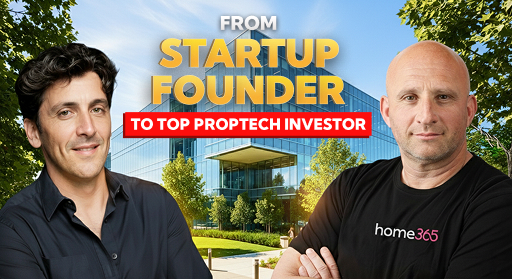
“Real Estate is Stuck in the 1960s” – Inside the VC Backing PropTech’s Biggest Winners
Daniel Shaked sits down with PropTech investor and entrepreneur Sivan Blasenheim on Open Kimono to explore how technology is reshaping real estate. From building fintech startups to leading global PropTech accelerators, Sivan shares candid insights on disruption, regulation, and what it really takes for founders to succeed in one of the toughest industries to innovate.


